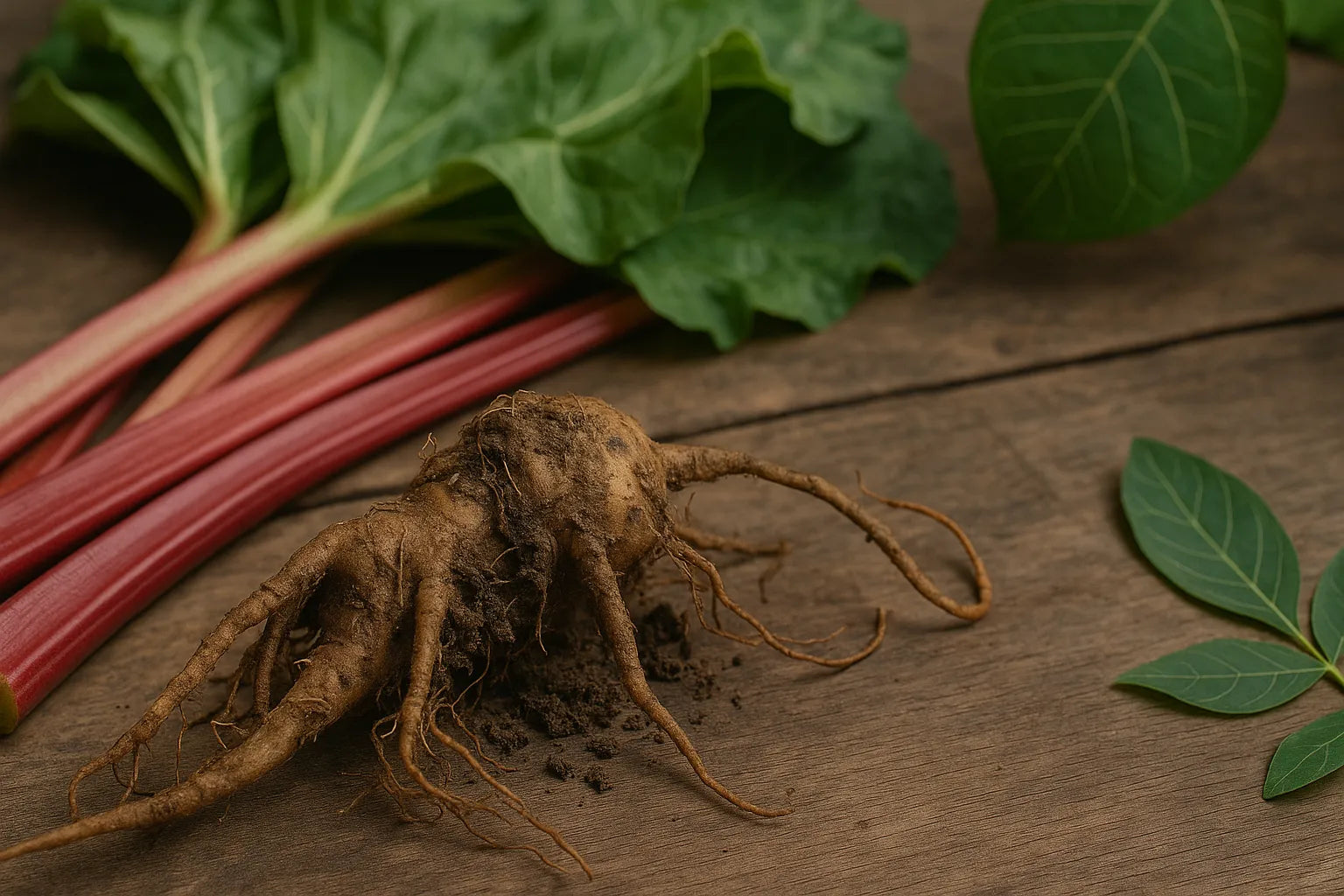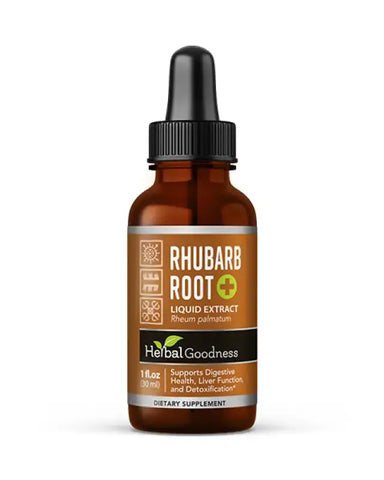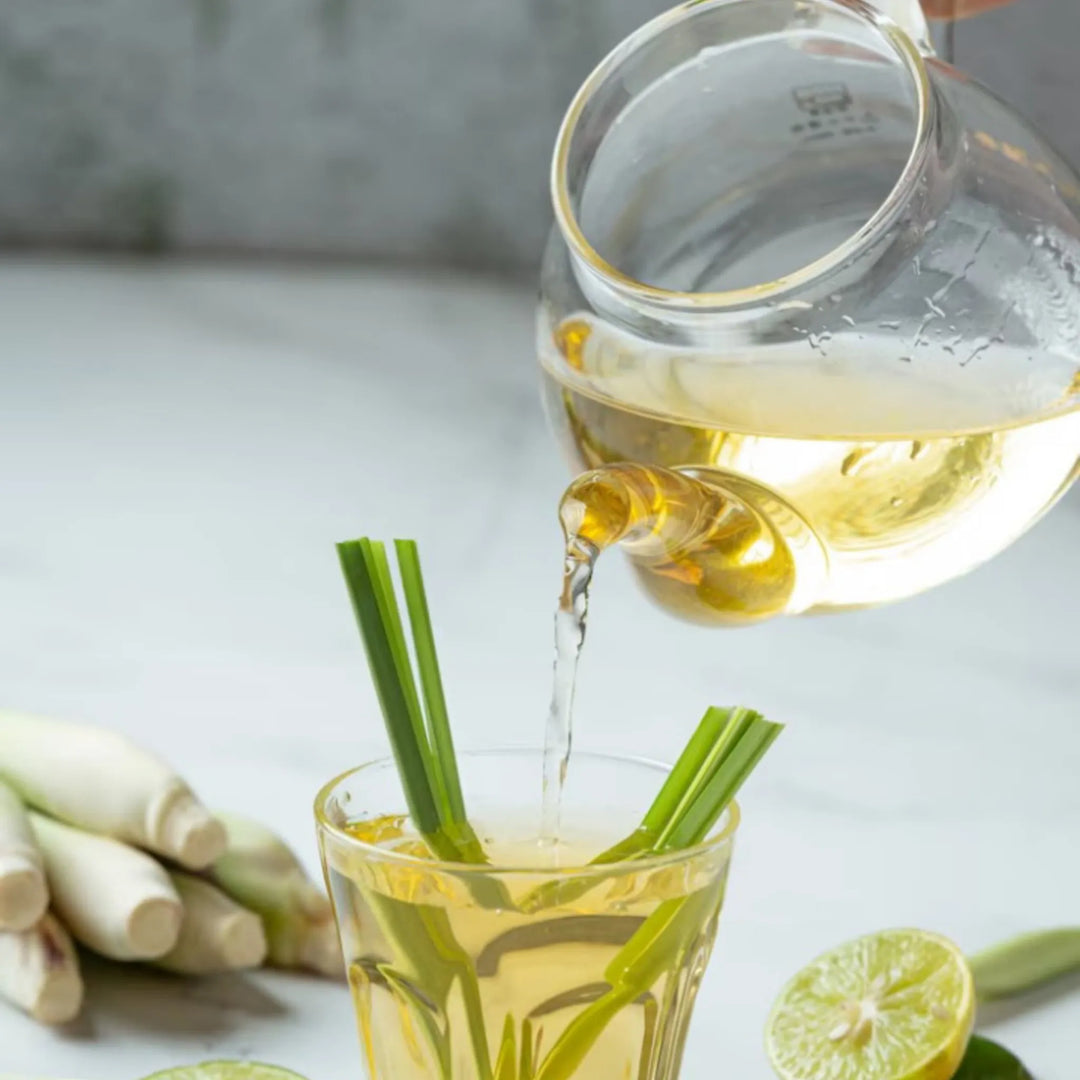Rhubarb Roots: Benefits, Uses, Side Effects & Buying Guide
Rhubarb roots have been valued for centuries in traditional medicine and wellness practices. While most people recognize rhubarb for its tart red stalks used in pies and jams, the root of the rhubarb plant has its own powerful history. From digestive support to women’s health, rhubarb roots are widely researched and respected in natural health circles. In this article, we’ll dive deep into rhubarb root benefits, side effects, how to plant rhubarb roots, and where you can buy high-quality rhubarb root extract.

What Are Rhubarb Roots?
Rhubarb (Rheum spp.) is a perennial plant with thick edible stalks but inedible leaves. The rhubarb plant roots, however, are an important herbal remedy with a long tradition in both Eastern and Western herbalism. Known for their earthy bitterness, rhubarb roots are often dried and processed into extracts, teas, or capsules.
Rhubarb Root Benefits
The benefits of rhubarb root have been studied for centuries. While more modern clinical research is ongoing, traditional use highlights some notable advantages:
1. Digestive Health
Rhubarb root is known as a natural herbal support for digestion. Its compounds, including anthraquinones, may help promote regular bowel movements and support overall digestive balance.
2. Women’s Health & Menopause
Research suggests that rhubarb root benefits menopause symptoms such as hot flashes and mood swings. Some extracts are designed to provide natural support for hormonal transitions.
3. Antioxidant Properties
Rhubarb roots contain beneficial plant compounds that act as antioxidants, helping the body fight against oxidative stress.
4. Liver Support
In traditional Chinese medicine, rhubarb root herb was often used to support liver and gallbladder health, making it a valued detoxifying agent.
5. Natural Energy & Vitality
By supporting circulation and digestive health, rhubarb roots may contribute to boost vitality and overall well-being.
Rhubarb Root Extract: How It’s Used
Rhubarb root extract is one of the most convenient ways to enjoy the benefits of this herb. Available in liquid or capsule form, it allows for easy daily consumption without the bitterness of raw roots.
-
Tea & Decoctions: Steeping dried rhubarb roots for herbal tea.
-
Liquid Extracts: Concentrated formulas for faster absorption.
-
Capsules & Powders: Great for convenience and precise dosage.
When you buy rhubarb root extract, always ensure it’s organic, non-GMO, and sustainably sourced.
How to Plant Rhubarb Roots
For gardeners interested in cultivating their own rhubarb, planting rhubarb roots is a rewarding process.
-
Choose Location: A sunny spot with well-drained soil.
-
Prepare Soil: Enrich with compost for nutrients.
-
Plant Rhubarb Roots: Place crowns (root divisions) about 2–3 feet apart.
-
Watering: Keep the soil moist but not waterlogged.
-
Harvesting: Stalks can be harvested after the first year, but roots are generally left for long-term plant health.
Can You Eat Rhubarb Root?
While rhubarb stalks are edible, rhubarb root is not consumed raw or as a food ingredient due to its strong bitter compounds and potential toxicity if eaten in large amounts. It should only be used in its processed, herbal form such as rhubarb root extract or tea, following safe dosage guidelines.
Rhubarb Root Side Effects
Like all herbs, rhubarb roots should be used responsibly. Possible side effects of rhubarb root extract include:
-
Loose stools or diarrhea if taken in excess.
-
Electrolyte imbalance from long-term heavy use.
-
Contraindications with certain medications (consult your healthcare provider).
-
Pregnant or breastfeeding women should avoid rhubarb root herb unless advised by a professional.
Tip: Always start with small doses of rhubarb root extract to see how your body responds.
Rhubarb Roots for Sale: What to Look For
When searching for rhubarb roots for sale, keep these quality standards in mind:
-
Organic Certification: Avoid roots grown with pesticides.
-
Non-GMO: Pure, natural genetics.
-
Lab-Tested: Verified for purity and potency.
-
Ethically Sourced: Sustainably harvested roots.
At Herbal Goodness, our rhubarb root extract is carefully sourced and tested, ensuring you get the best rhubarb root herb for your wellness journey.
Science Behind Rhubarb Roots
A clinical trial published in Menopause Journal reported that rhubarb root extract significantly manage the frequency and severity of hot flashes in women. This supports its long-standing traditional use for women’s health. Additionally, other studies highlight its role in promoting digestive and liver wellness.
FAQ Section
1. What are the benefits of rhubarb root?
Rhubarb root benefits include digestive support, antioxidant properties, menopause symptom support, and potential liver support.
2. Can you eat rhubarb root?
No, raw rhubarb roots are not edible due to their strong bitter compounds. Instead, use them in safe processed forms like extracts or teas.
3. How to plant rhubarb roots?
Plant rhubarb roots in sunny, well-drained soil about 2–3 feet apart, and water regularly. Harvest stalks after the first year for best results.
4. What are the side effects of rhubarb root extract?
Possible side effects include loose stools, electrolyte imbalance, or interactions with medications. Always consult a healthcare professional.
5. Where can I buy rhubarb root?
You can buy rhubarb root extract from trusted herbal suppliers like Herbal Goodness, ensuring organic, lab-tested, and sustainably sourced products.
6. Does rhubarb root help with menopause?
Yes, rhubarb root benefits menopause symptoms such as hot flashes and mood swings, supported by scientific research.
Ready to experience the natural power of rhubarb
roots?
Explore our Herbal Goodness Rhubarb Root Liquid Extract, crafted with premium, organic ingredients for maximum wellness support. Add this ancient herb to your daily routine today and enjoy the benefits of nature’s wisdom.
Author Name:
Ilomuanya Mmesoma Davina
Author Bio:
Ilomuanya Mmesoma Davina is a Content Writer at Herbal Goodness, where she focuses on creating and optimizing blogs. With expertise in natural health products and SEO-driven storytelling, she is passionate about educating readers on the power of herbs and superfoods for modern wellness.
Related:
Reference:
-
Menopause Journal Study: Efficacy of Rhapontic Rhubarb Root Extract in Menopausal Women (Wuttke et al., 2003)
-
Mount Sinai: Rhubarb Information













